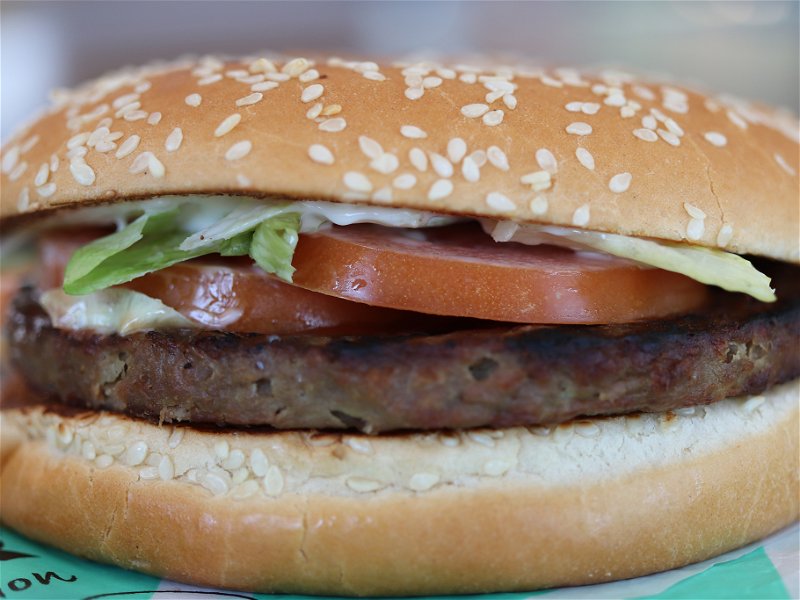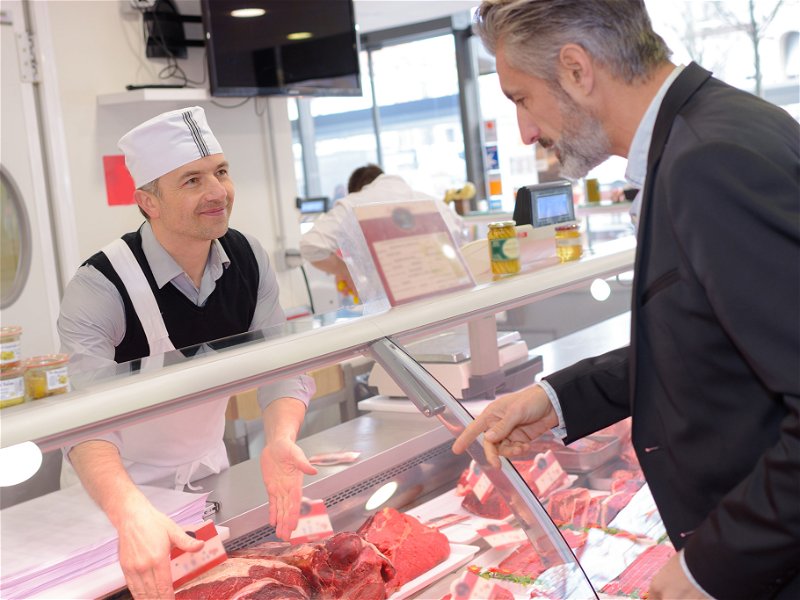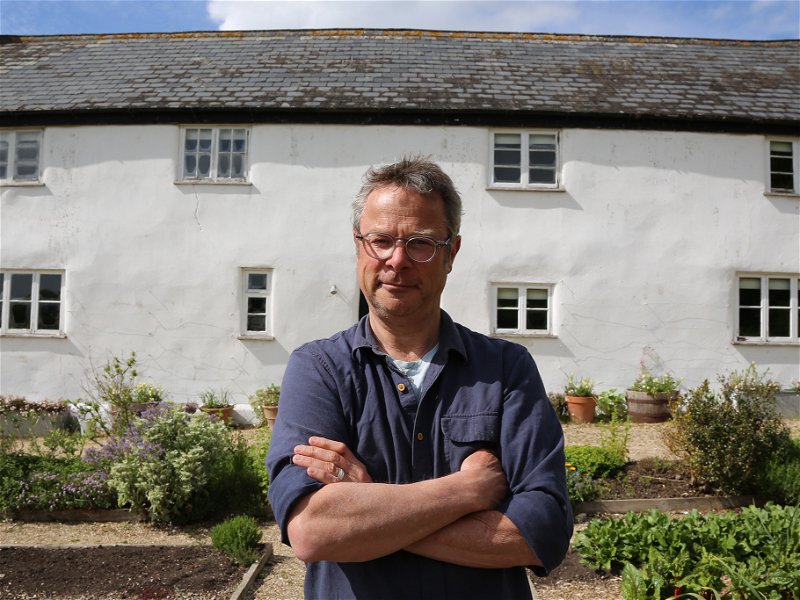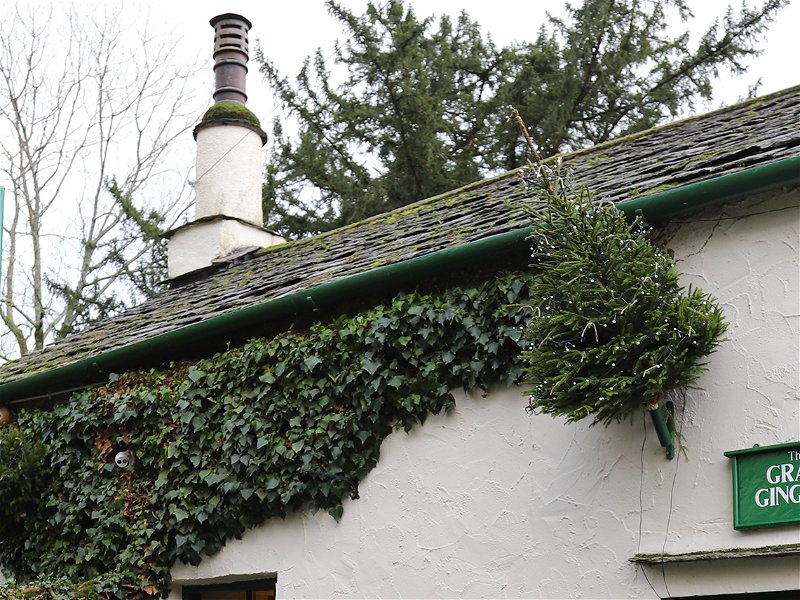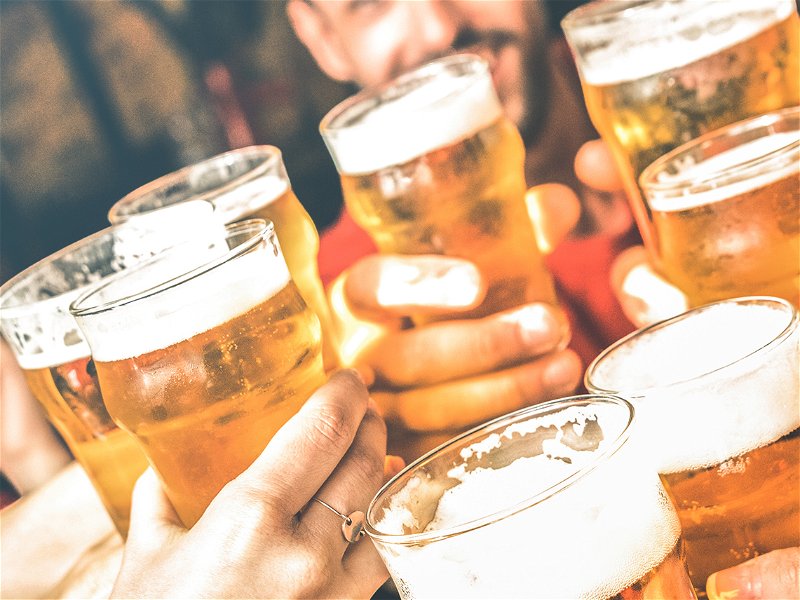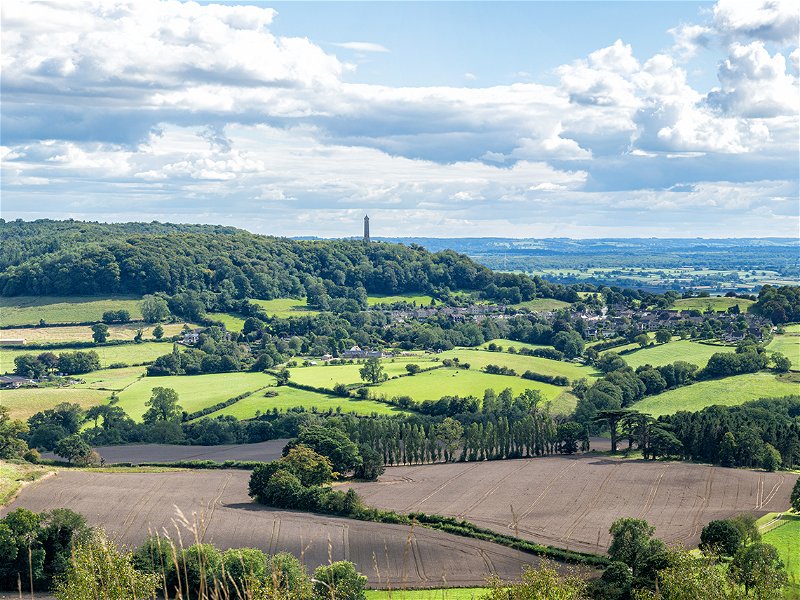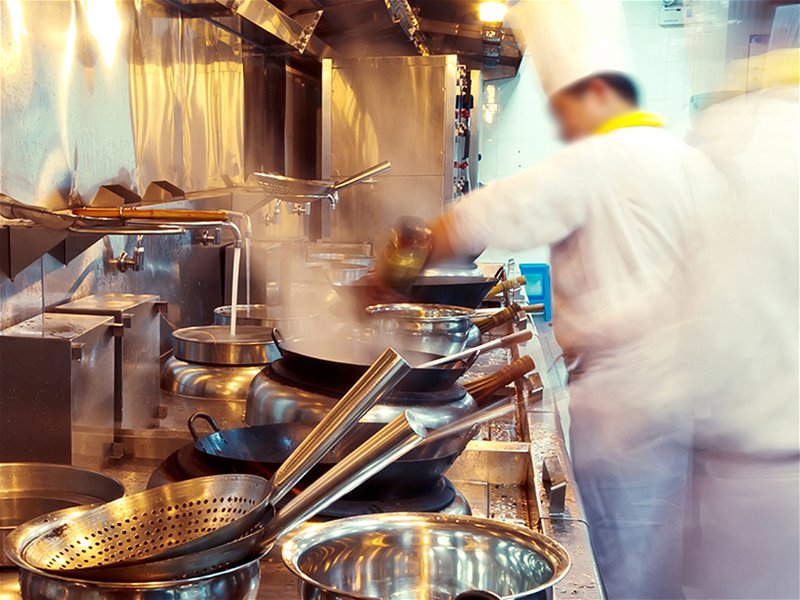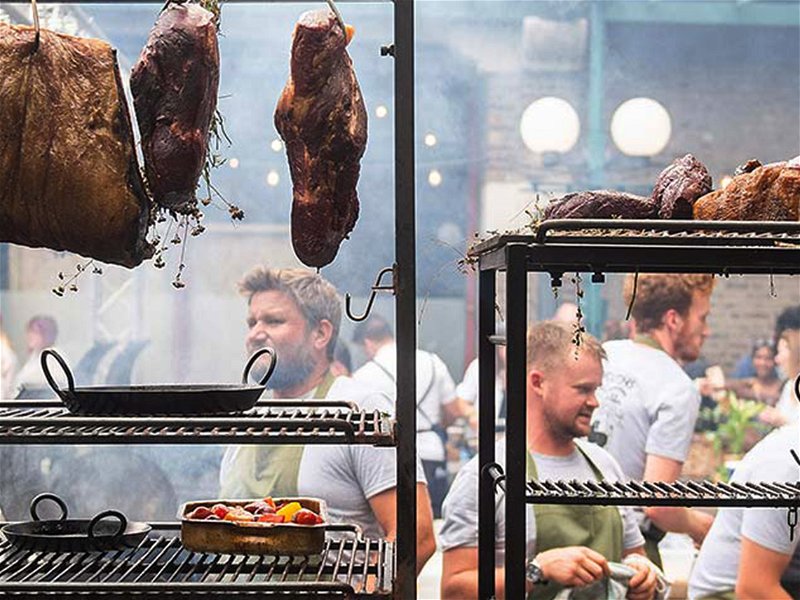UK Government ready to introduce ‘methane-blockers’ into cattle feed
As part of net-zero plans, high-efficacy methane-suppressing products could be introduced by 2025.
While many food lovers enjoy an occasional fillet steak, or even a sirloin joint to share with the family, the farming of cattle has been placed under the spotlight over recent years with beef highlighted as one of the most environmentally destructive foods produced on the planet.
As well as the greenhouse gases produced, cattle ranching in certain areas of the world is a leading cause of deforestation, with areas of carbon-storing trees cleared to make way for farms.
In the UK, however, the government is planning to go a little left field in its bid to reach the ‘Net Zero’ target by 2050, proposals put forward to incorporate methane blockers in cattle feed following trials last summer.
Research has discovered that the UK’s 9.4million cattle produce 120kg of methane each per year – the majority coming from their belching and the manure they produce; methane is the amongst the worst of the greenhouse gases when it comes to global warming.
The Government’s latest update on its net-zero strategy states that “high-efficacy methane-suppressing products” could hit the market by 2025, with around a third of human-caused methane coming from cattle.
While farmers have broadly welcomed the decision, the news has not gone down well with organisations that want to see all animals treated with respect, including cattle, with Elisa Allen, Vice President of UK Programmes and Operations for PETA (People for the Ethical Treatment of Animals) labelling the idea “foolish and absurd”.
“Feeding cows methane blockers while continuing to farm them is like applying a sticking plaster to a broken bone,” Allen told Plant Based News. “It is a desperate act that absolutely fails to mitigate the ecological nightmare caused by the dirty old habit of raising and killing animals for food.”



